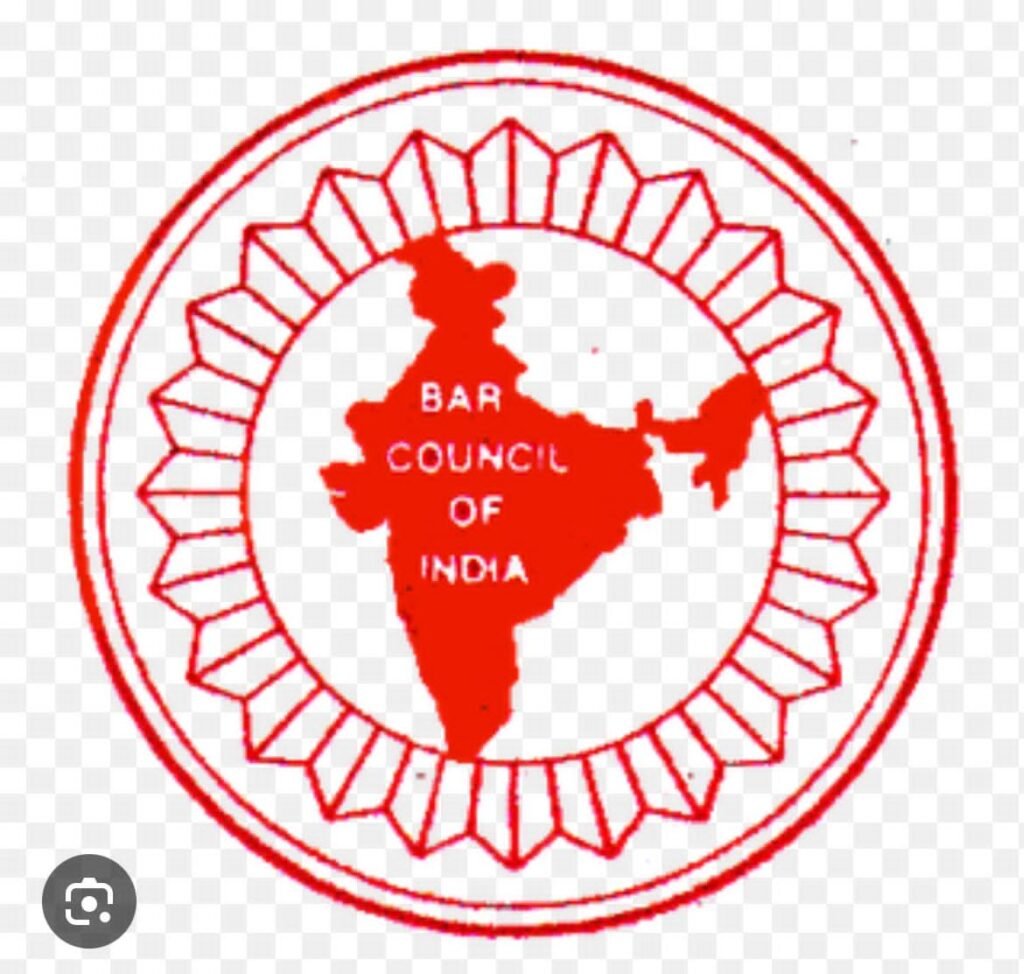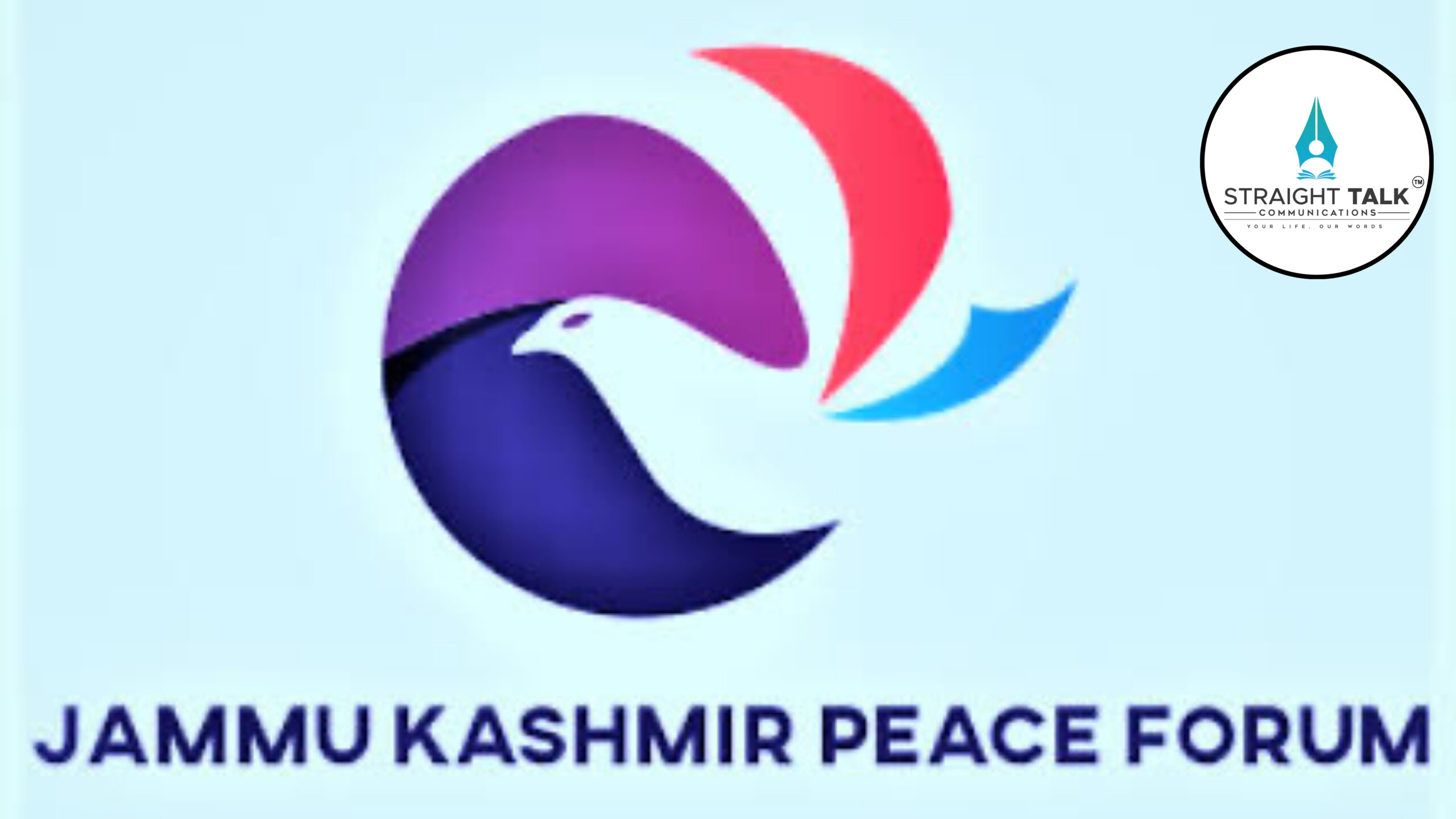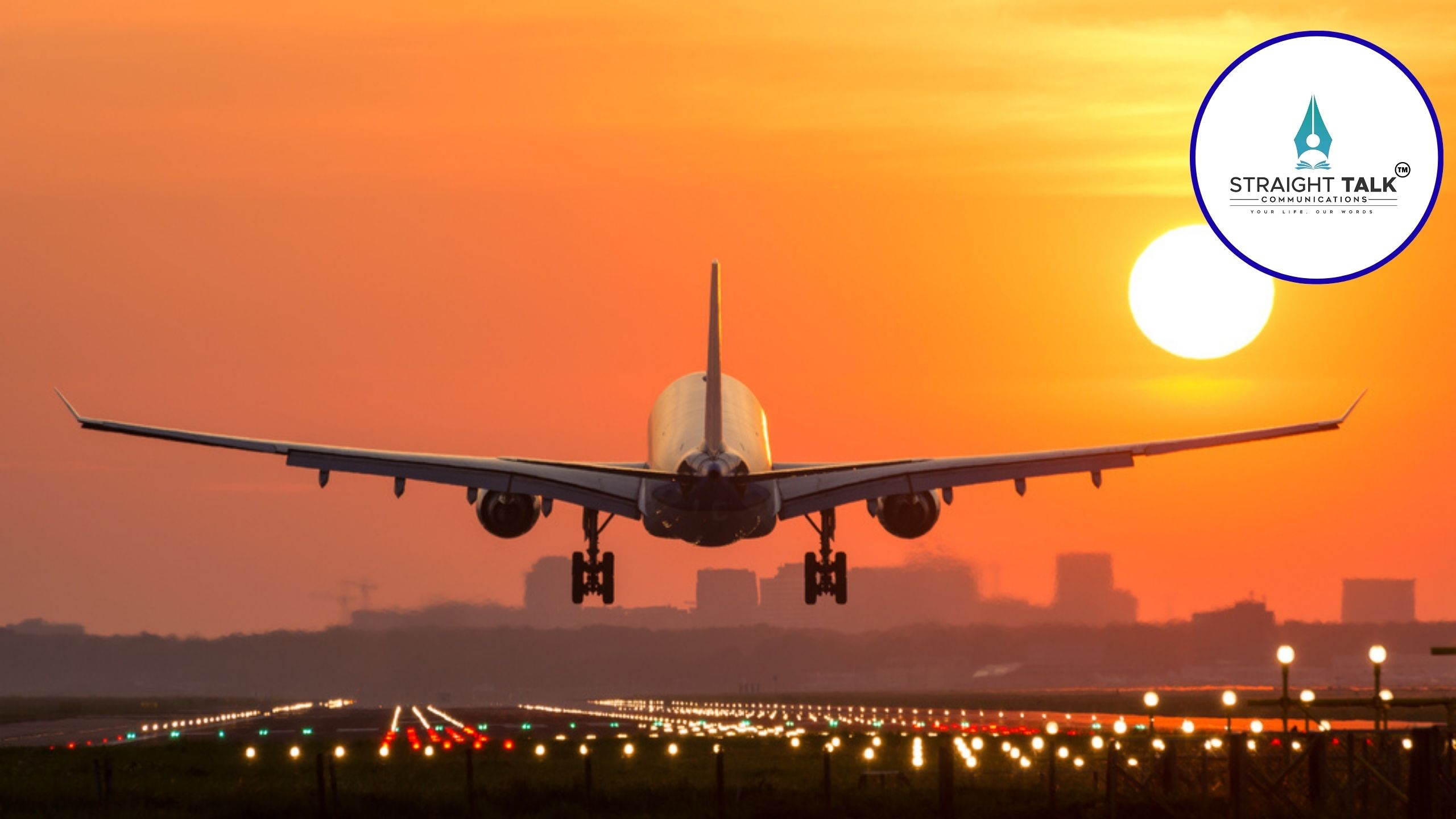Bar Council of India raises concern over growing fake law degree cases

Directs State Bar Councils to conduct verification of advocates on priority basis.
STC NEWS MONITORING DESK
New Delhi, January 16 (STC): The Bar Council of India (BCI) has unequivocally directed all State Bar Councils to prioritize and complete a comprehensive verification process of all advocates on their rolls.
According to reports appearing in a section of media, the BCI said that any instances of fake or fraudulent enrollment must be promptly referred to them under Section 26(1) of the Advocates Act, 1961. “Noncompliance with this statutory mandate will be treated as a dereliction of duty and may invite appropriate legal consequences,” reads the Council’s directive.
Many Bar Councils across the country have taken initial measures by identifying and removing advocates with fake law degrees. However, it is imperative to emphasize that under Section 26(1) of the Advocates Act, 1961, the statutory authority to remove an advocate from the rolls of any State Bar Council vests solely with the Bar Council of India. Such removals must follow a reference made by the respective State Bar Council, as prescribed under the Act. Any deviation from this statutory process undermines the authority of the Bar Council of India and violates the provisions of the Advocates Act, 1961, which must be adhered to without exception.
It is with regret that the Bar Council of India observes the widespread failure of some of the State Bar Councils, to initiate strong verification processes. There are reports with evidences suggesting that thousands of advocates across the country may have enrolled using fake law degrees, forged academic certificates, or falsified qualifications. These fraudulent enrollments compromise the integrity of the legal profession and diminish public trust in the judiciary and legal institutions, reads an Economic Times report highlighting enrolment of fake advocates.
It’s worth mentioning that some recognized and deemed universities have been found issuing law degrees in violation of the norms established by the Bar Council of India. These institutions have been blamed for turning legal education into a mere commercial transaction under the guise of education.
Remarkably, the Supreme Court’s constitution of a High-Powered Committee on 10.04.2023 has provided crucial monitoring in enforcing the Bar Council of India’s verification framework. The Committee’s regular monitoring of the verification processes has addressed systemic delays in identifying nonpracticing advocates, verifying certificates, and preparing electoral rolls. (STC)







